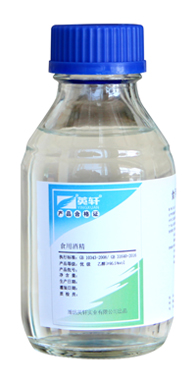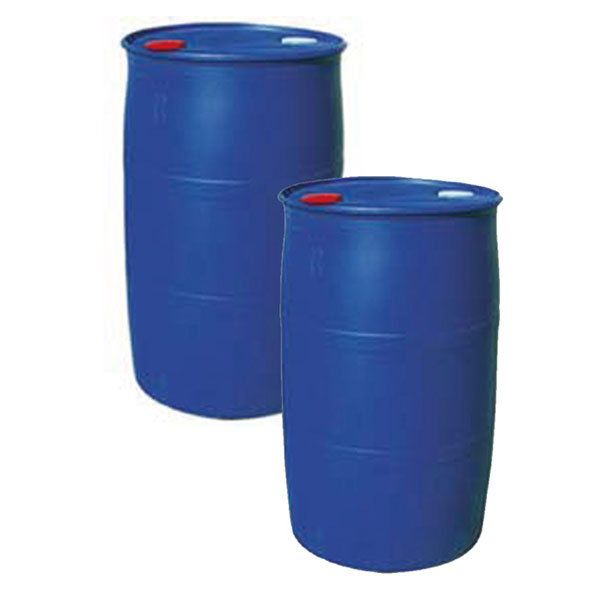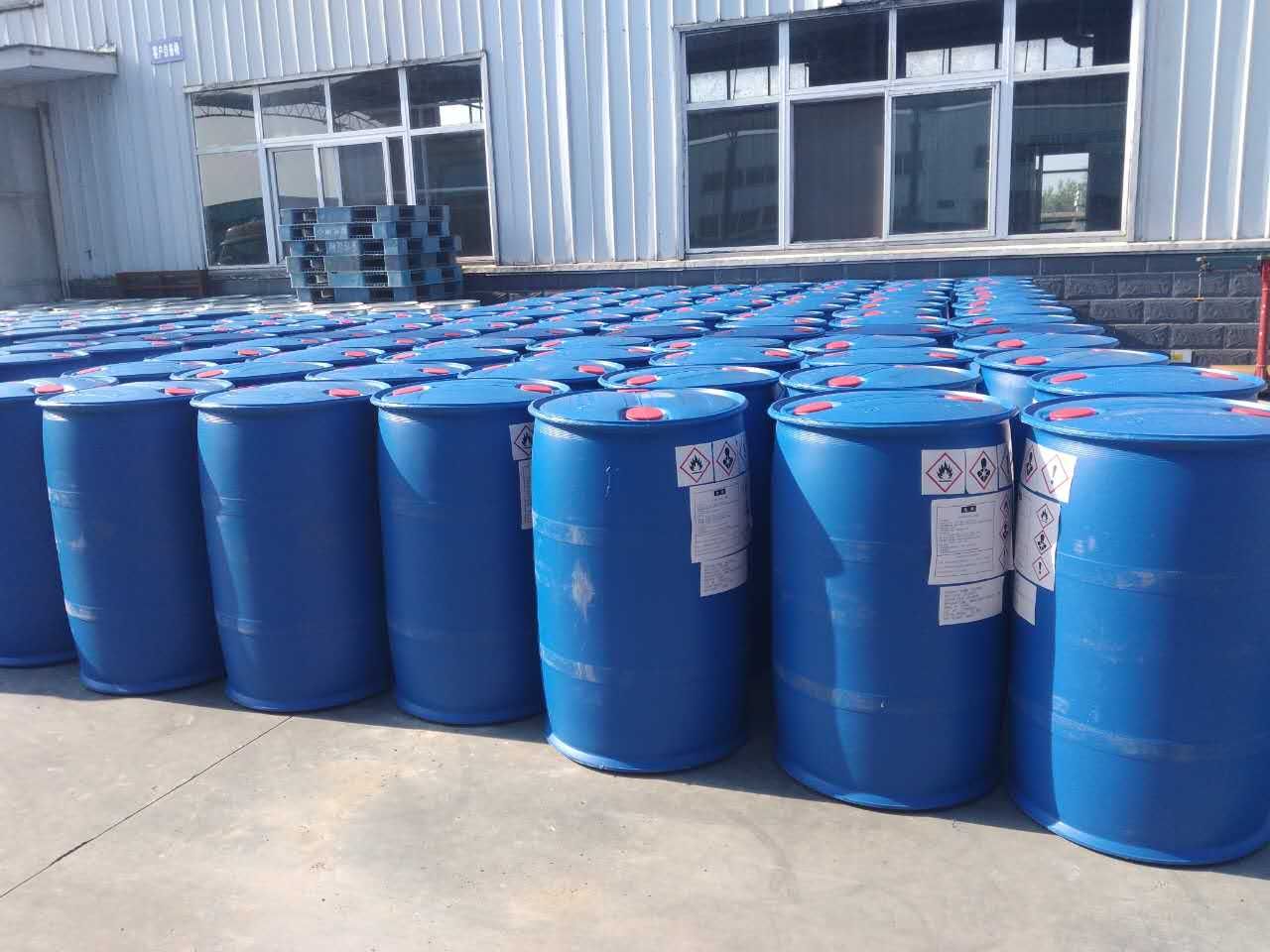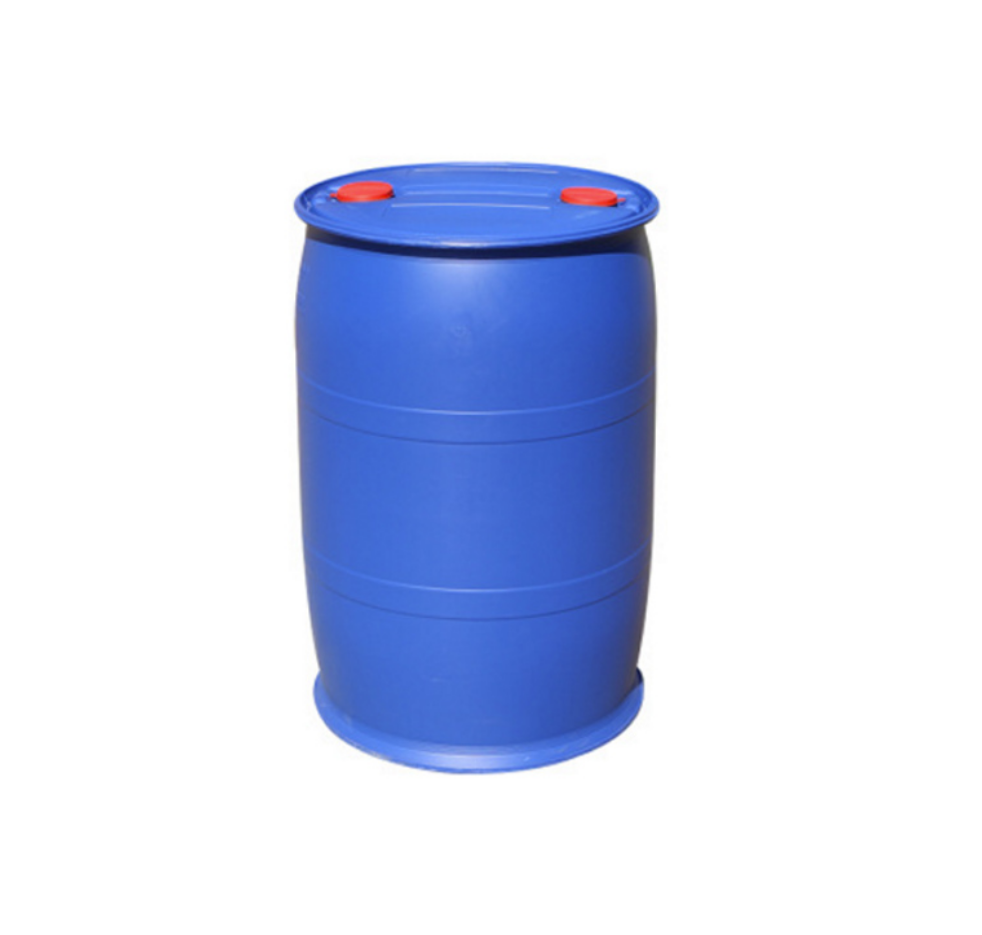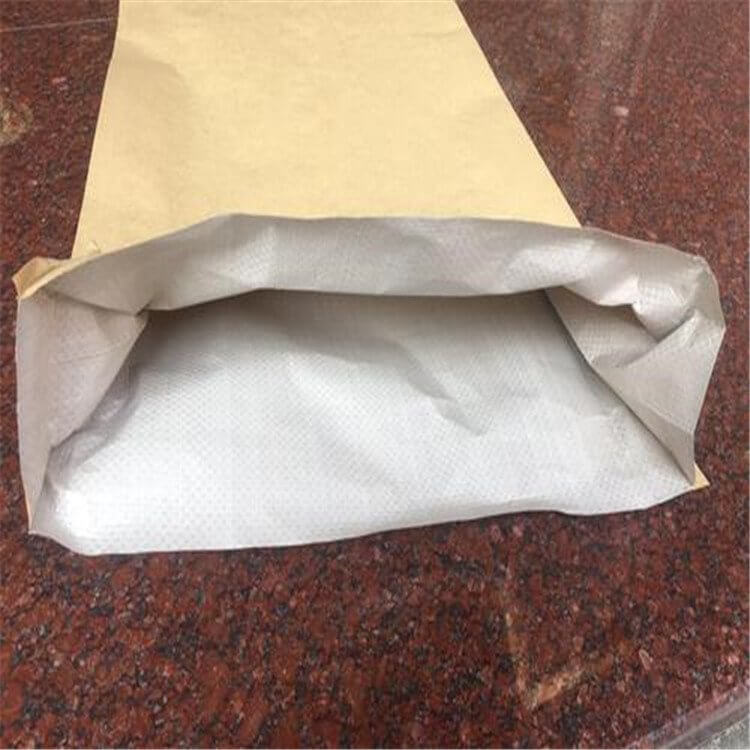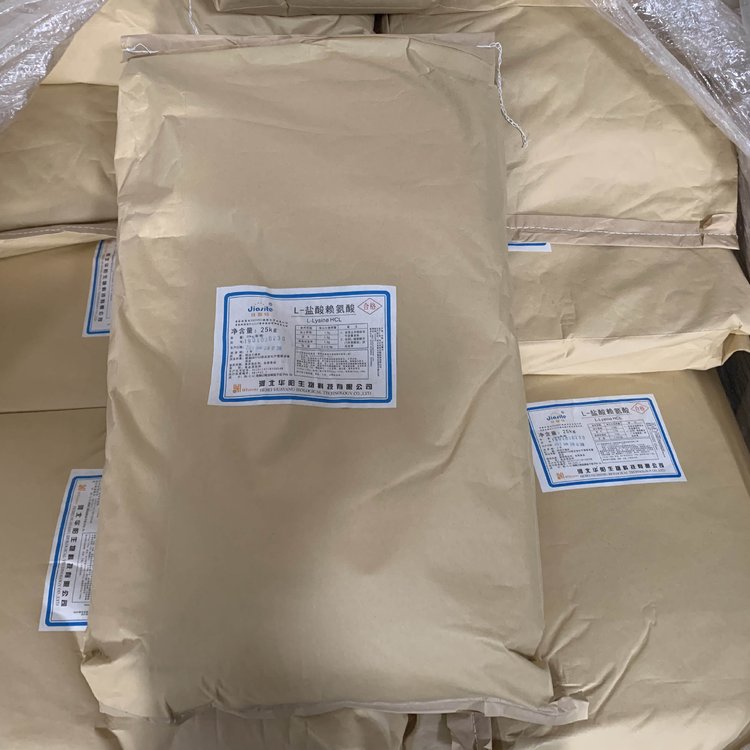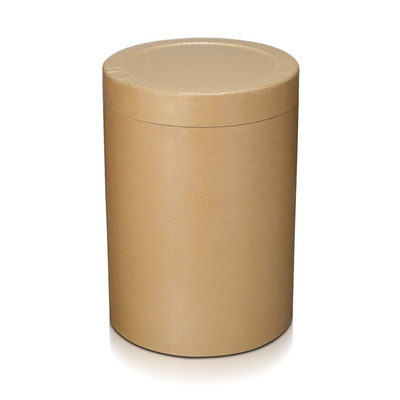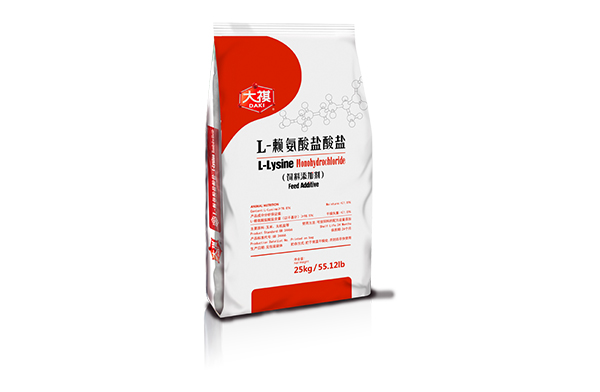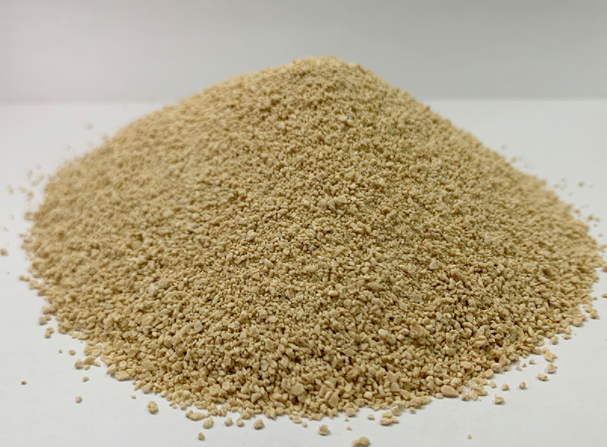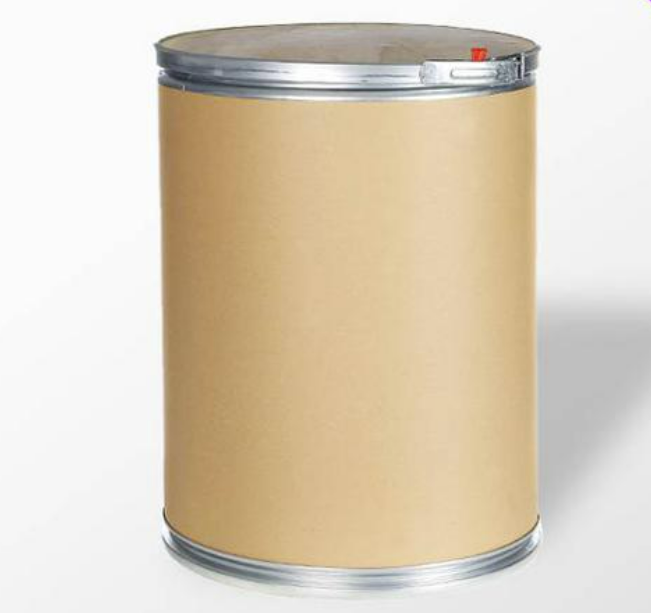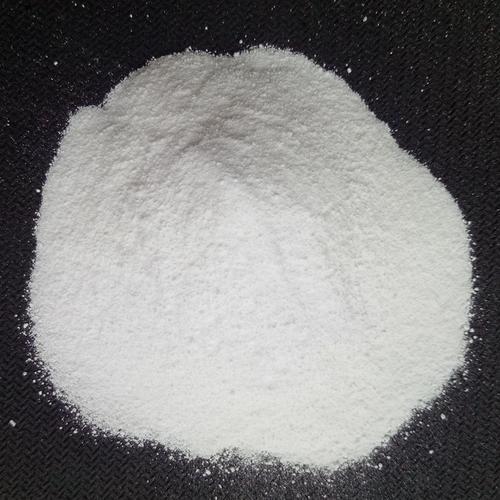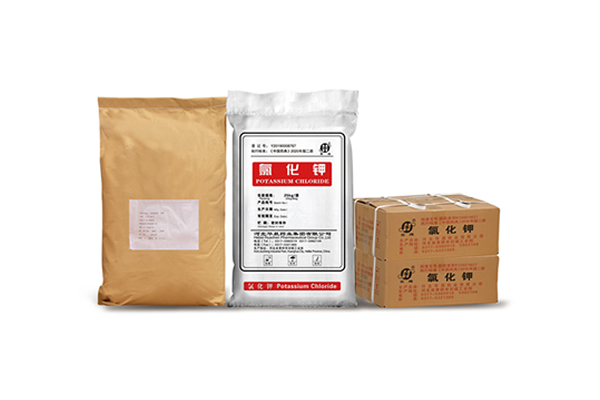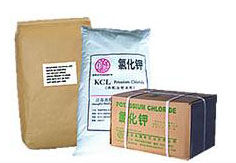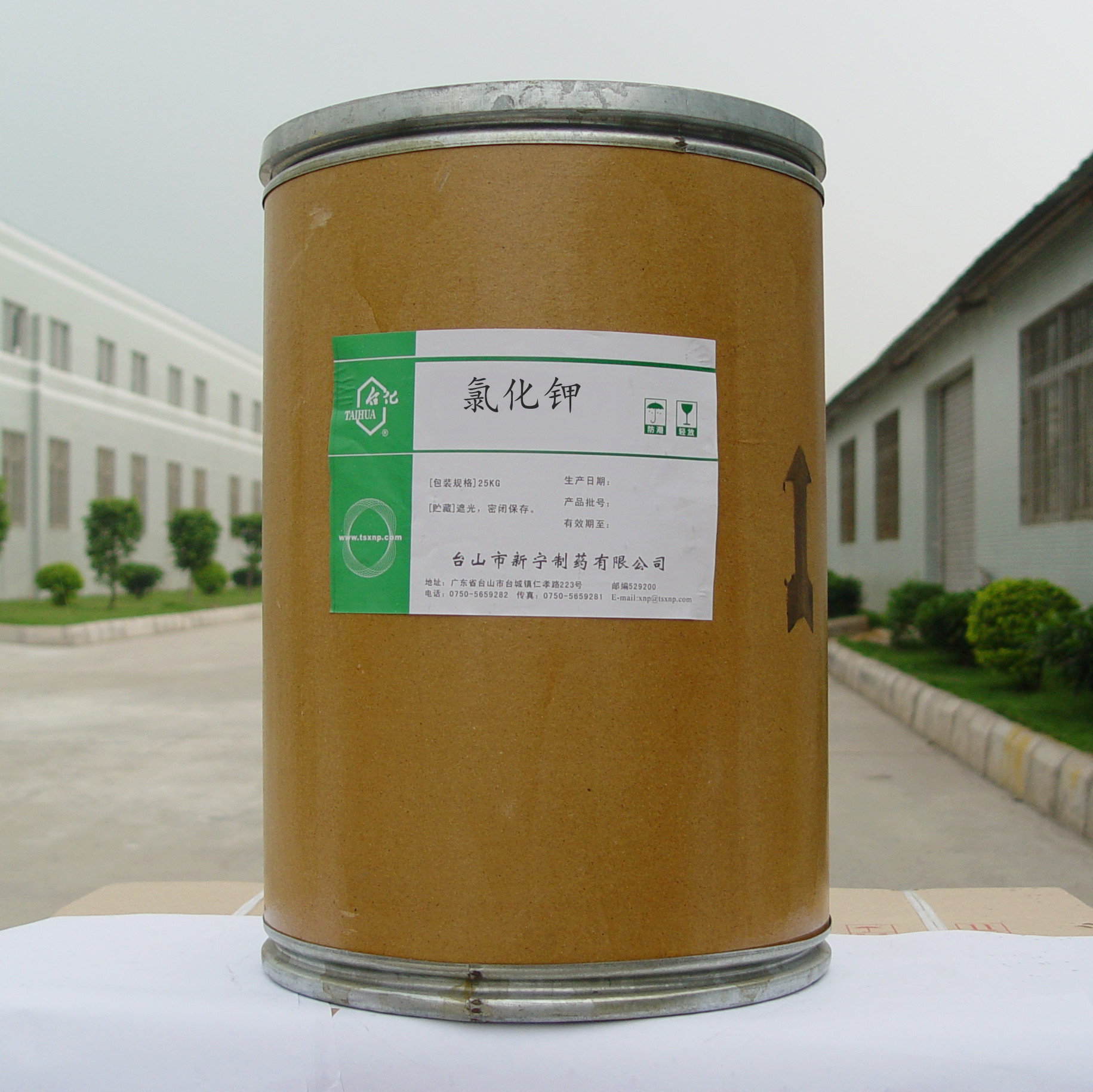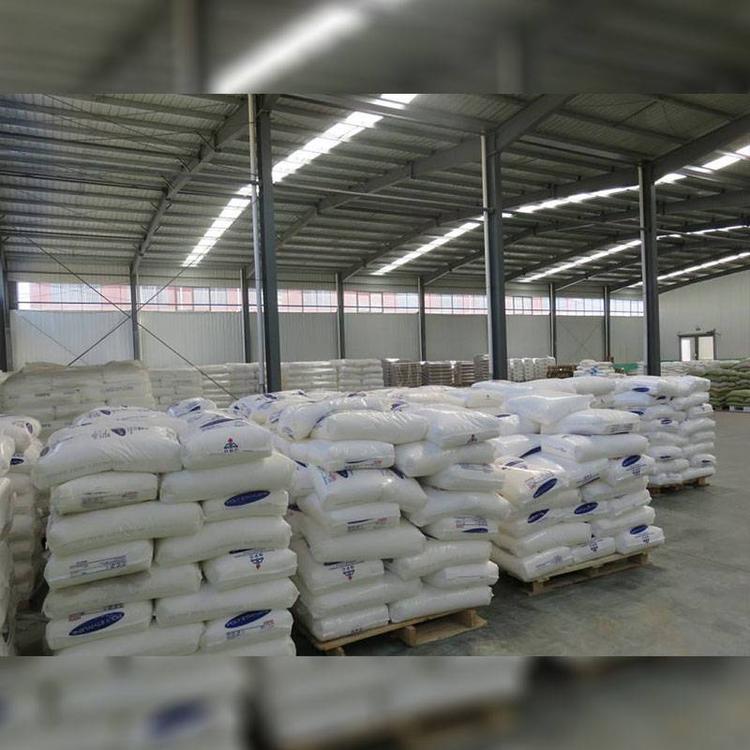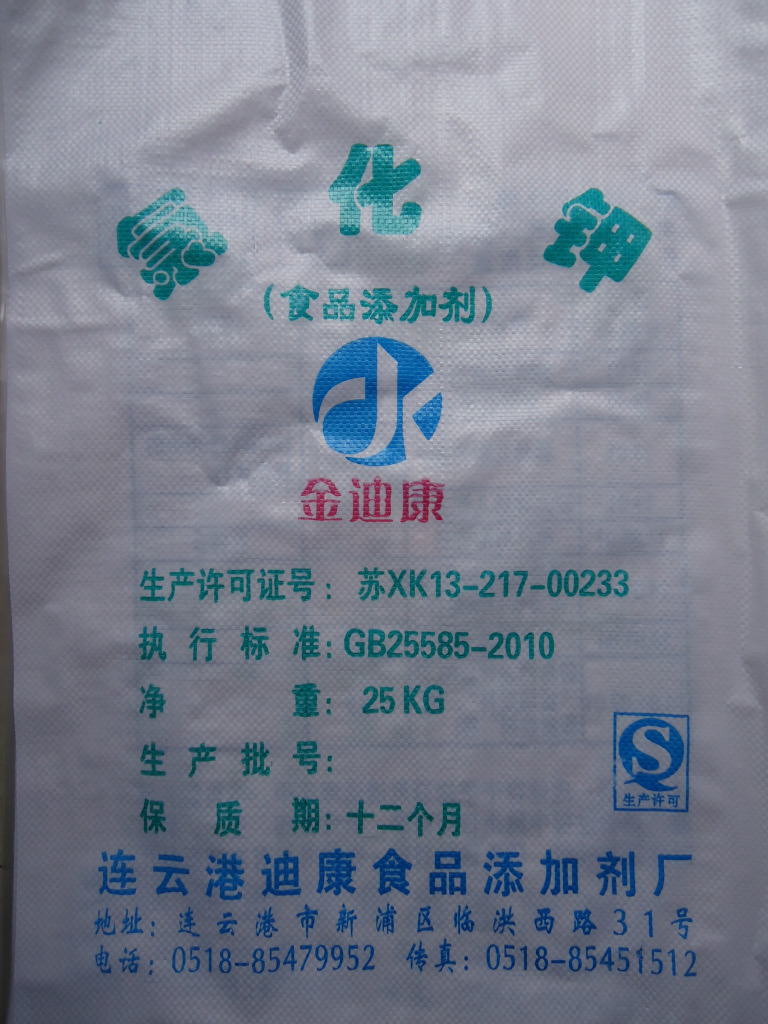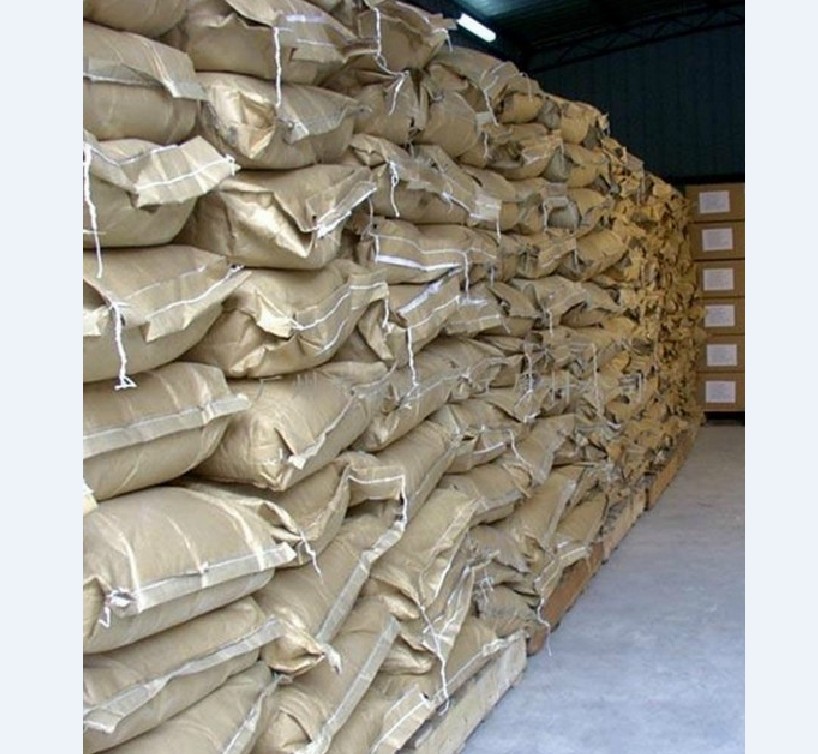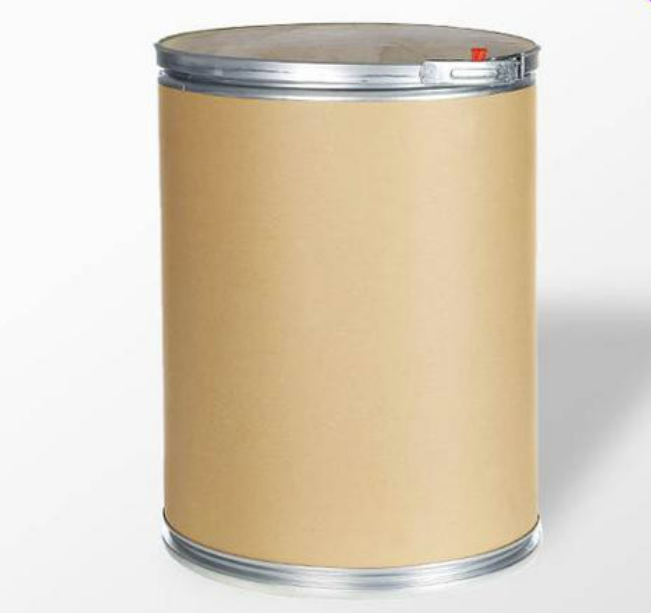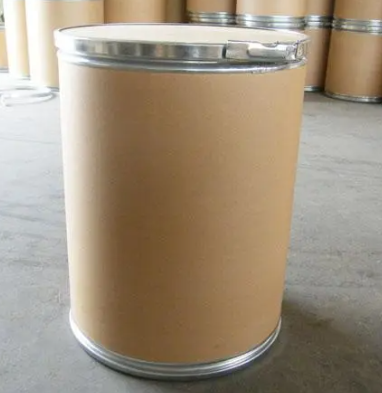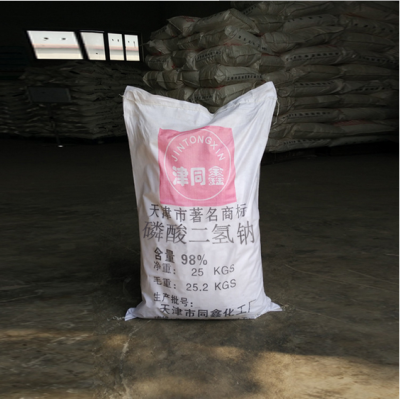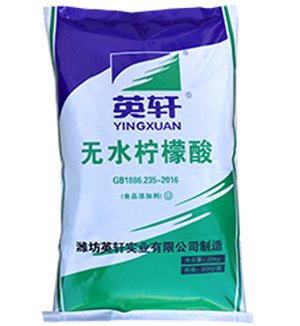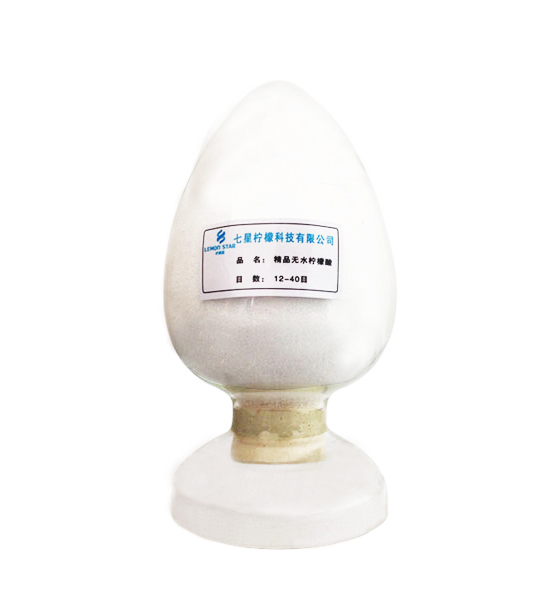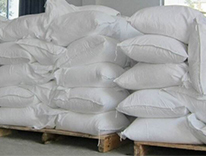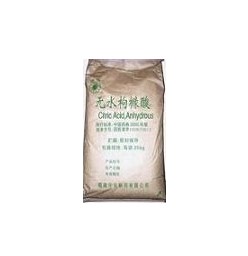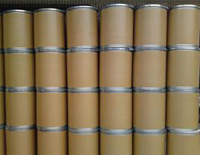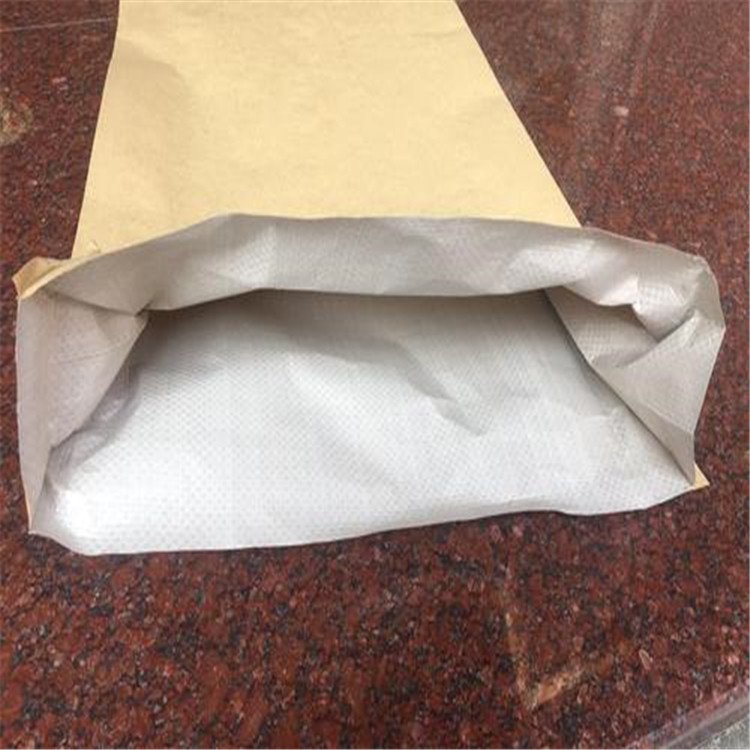Food(Feed) Additives
Feed Additive
Additives For Food Packaging
Colorant
Stabilizer and Coagulator
Water Retention Agent
Feed Deworming Health Agents
Anti Corrosion and Preservation
Color Fixative
Flour Treatment Agent
Defoamer
Coating Agent
Feed Vitamins
Emulsifier
Other Food Additives
Nutritional Fortifier
Thickening Agent
Feed Quality Enhancer
Antioxidants
Chewing Gum Bases
Bulking Agent
Feed Amino Acids and Small Peptides
Flavor Enhancer
Sweeteners
Additives For Feed Preservation
Other Feed Additives
Food Additive
Bleaching Agents
Anticaking Agent
Food Flavors and Fragrances
Enzyme Preparation
Feed Trace Elements
Acidity Regulators
Feed Growth Promoters
Feed Conditioner
Find
1530
related chemicals for youAlias
More Information
Ethyl Alcohol; Grain Alcohol; Absolute Alcohol; Cologne Spirit; Absolute Ethyl Alcohol; EtOH; Ethyl Hydroxide; Ethylic Alcohol; Drinking Alcohol; Methylcarbinol; Ethylol; Alcohol; Industrial Alcohol; Edible Alcohol; Ethyl Hydrate; Hydroxyethane; Anhydrous Ethanol; Ethanol AR; Ethyl Alcohol of 99.9% Purity; Ethonal; Denatured Alcohol
Brief Introduction
Ethanol is an important organic solvent, which is widely used in medicine, coatings, sanitary products, cosmetics, grease and other methods, accounting for about 50% of the total consumption of ethanol. Ethanol is an important basic chemical raw material, which is used to manufacture acetaldehyde, ethylene diene, ethylamine, ethyl acetate, acetic acid, chloroethane, etc., and derived many intermediates of medicine, dyes, coatings, spices, synthetic rubber, detergent, pesticides and other products. There are more than 300 kinds of products, but at present, the use of ethanol as an intermediate of chemical products is gradually declining, Many products, such as acetaldehyde, acetic acid and ethyl ethanol, no longer use ethanol as raw materials, but use other raw materials instead. 75% ethanol aqueous solution has strong bactericidal ability and is a common disinfectant. Specially refined ethanol can also be used to make beverages. Similar to methanol, ethanol can be used as energy. Some countries have begun to use ethanol alone as vehicle fuel or mixed with gasoline (more than 10%) to save gasoline.
Suppliers
View More Vendors (7) >
Kellin Chemicals (Zhangjiagang) Co., Ltd
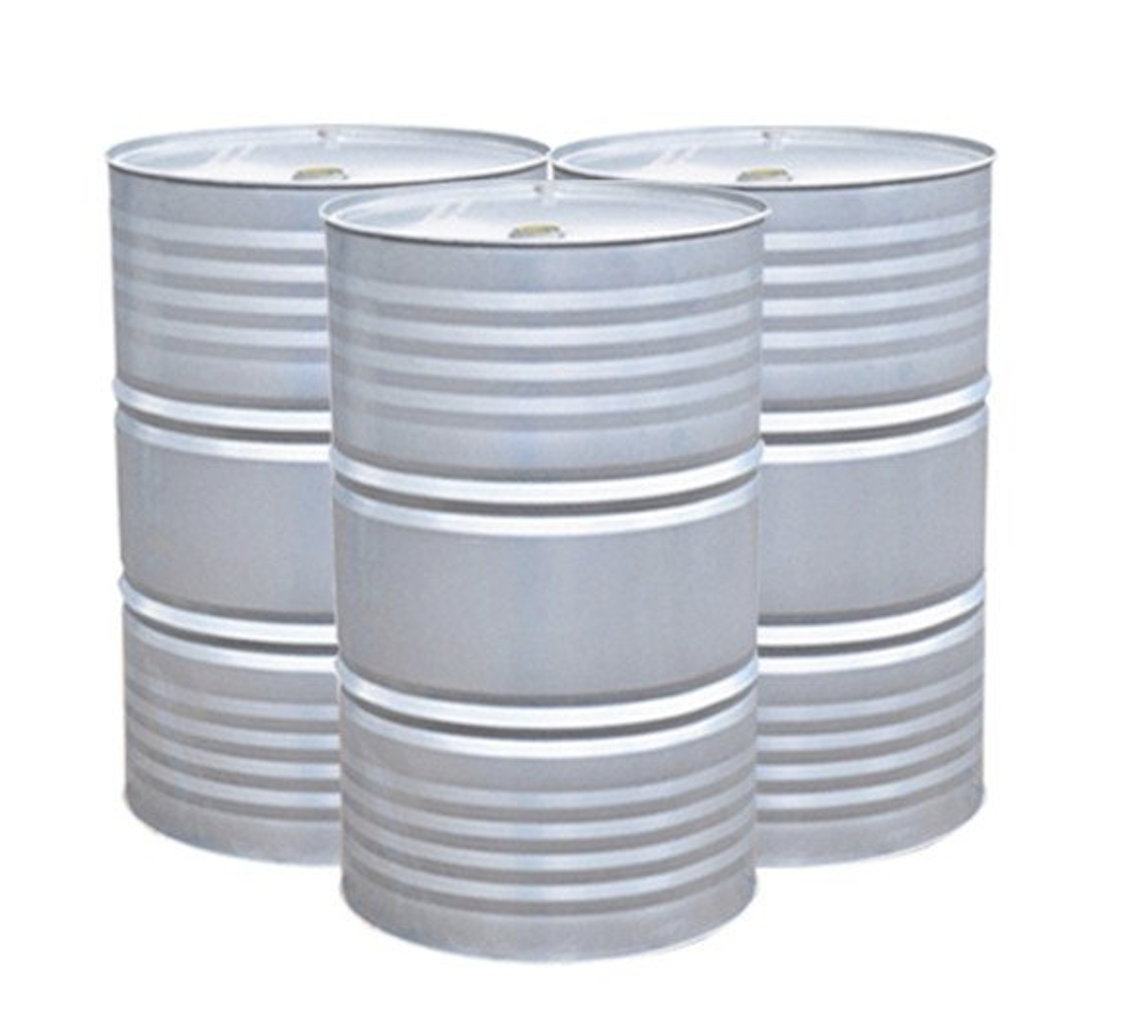
≥99.9%
/
Tech Grade
165kg
/
Iron Drum
Bozhiyuan Technology (Guangdong) Co.,Ltd.
EL
/
Electronic Grade
CAS:657-27-2
Molecular Formula:C6H15ClN2O2
Alias
More Information
L-Lysine Monohydrochloride; Lysine Hydrochloride; Anhydrous L-Lysine Monohydrochloride; L-Lysinehydrochloride; L-LYS HCL; H-Lys-OH Hydrochloride; Lysine HCL; Lysine-L HCL; l Lysine mono hcl rate per lit
Brief Introduction
It can be used as medicine raw material, food and feed additive.
Suppliers
View More Vendors (7) >
CAS:7447-40-7
Molecular Formula:ClK
Alias
More Information
Sylvite; Muriate of Potash; Potassium Chloride Industrial Grade; Potassium Chloride ip; Potassium Chloride Injectable Grade; Potassum Cloride; Potassium Chloride Technical Grade
Brief Introduction
This product can be used as a salt substitute; Nutritional supplements; Gelling AIDS; Yeast feed; Flavoring agent; Flavoring agent; PH control agent; Tissue softener. It is used as diuretic and electrolyte supplement for the treatment of hypokalemia. Used as analytical reagent, reference reagent, chromatographic reagent and buffer
Suppliers
View More Vendors (7) >
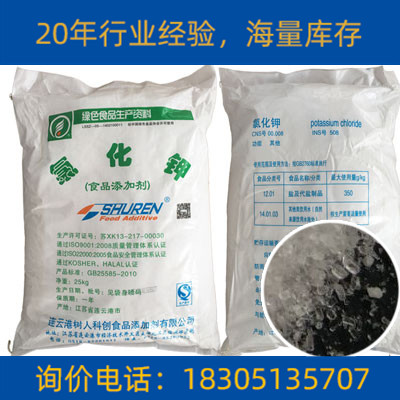
GB25585-2010/FCC-V/E 508 ≥99%
/
Food Grade
25kg
/
Woven Bag
CAS:7558-80-7
Molecular Formula:H2NaO4P
Alias
More Information
Sodium Dihydrogenorthophosphate; Sodium Dihydngen Phoshate Anhydrous; Disodium Hydrogen Phosphate Anhydrous; Sodium Dihydrogen Phosphate Dihydrate; Monobasicsodiumphosphate,Anhydrous; Sodiummonobasicphosphate; Sodiumsaltsoforthophosphoricacid; Natriumdihydrogenphosphate; Sodiumdihydrophosphat; Sodium Dihydrogen Phosphate; Sodium Phosphate Monobasic Dihydrate; Acid Sodium Phosphate; Monosodium Orthophosphate; Primary Sodium Phosphate; Sodium Biphosphate; Monosodium Phosphate; MSP; Monobasic Sodium Phosphate; Monobasic Sodium Phosphate USP
Brief Introduction
Sodium dihydrogen phosphate is mainly used in food as buffer, modifier, emulsifier and nutrient.
Suppliers
View More Vendors (7) >
Lianyungang Zhonghong Chemical Co.,Ltd.
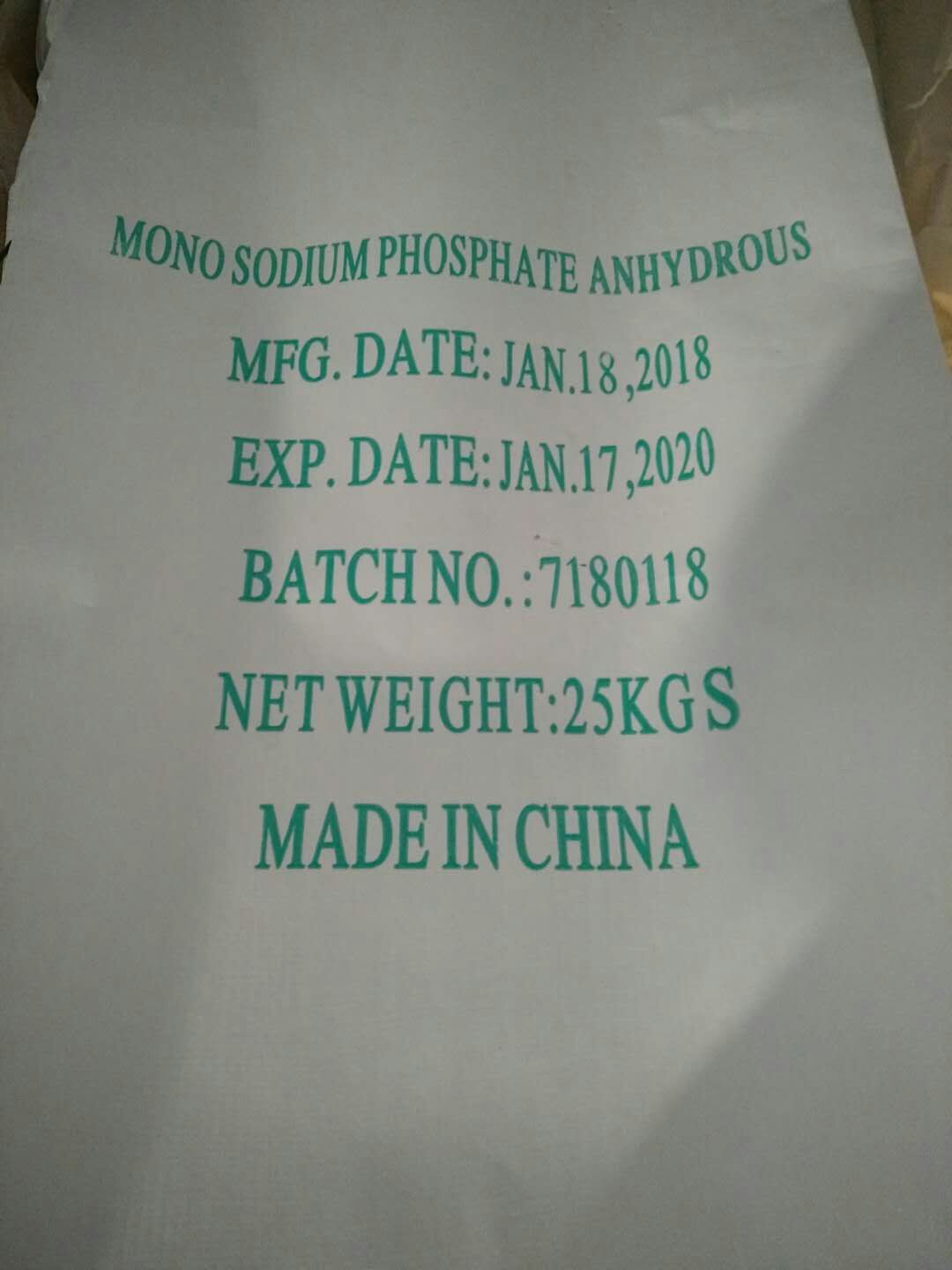
content ≥ 99 7558-80-7
/
-
CAS:77-92-9
Molecular Formula:C6H8O7
Alias
More Information
Citric Acid Anhydrous; 3-Hydroxy-3-Carboxy-Pentanedioic Acid; 3'-Hydroxy-3-Biphenylcarboxylic Acid; Anhydrous Citric acid; 2-Hydroxypropane-1,2,3-Tricarboxylic acid; Citro; Citretten; Aciletten; Chemfill; Hydrocerol A; Kyselina Citronova; 2-Hydroxy-1,2,3-Propanetricarboxylic acid; 2-Hydroxytricarballylic acid; 3-Carboxy-3-Hydroxypentane-1,5-Dioic acid; Citcic acid; Citric Acid Anhydrous 30-100MESH; Cetric acid; Citric Acid Powder; 77929
Brief Introduction
Anhydrous citric acid is a kind of intermediate product of natural components and physiological metabolism in animals and plants, and also one of the most widely used organic acids in food, medicine, chemical industry and other fields. It is colorless, transparent or translucent crystal, or granular, particle like powder, odorless, although it has strong acid taste, but pleasant, slightly astringent. It is gradually weathered in warm air, and slightly deliquescence in humid air. Anhydrous citric acid is known as the first edible acid agent, and it is widely used in food industry as acid agent, solvent increasing, buffer, antioxidant, deodorizer and chelating agent. In the field of medicine, effervescent is a popular oral drug ingredient release system. Citric acid reacts with sodium carbonate or sodium bicarbonate aqueous solution to produce a large amount of CO2 (i.e. effervescent) and sodium citrate, which can make active ingredients in the drug dissolve rapidly and enhance taste ability. In industry, the citric acid based metal purification formula can effectively remove oxides formed on the surface of ferrous and non-ferrous metals. As a weak organic acid, it can cause slight damage to the metal surface layer. However, as a metal ion chelator, the migration of gold oxide is accelerated, in many steel leaching systems, In order to eliminate the stress crack of metal oxide and reduce the brittleness of high strength steel to the lowest degree, citric acid was used to remove rust instead of inorganic strong acid.
Suppliers
View More Vendors (7) >
Purity: Food grade: ≥99.5%, USP/Pharma grade: ≥99.8%, Technical grade: 95-98%
/
-
Inquiry (
10
/ 10
)
Clear All
You can inquire for up to 10 products at a time
Sign In
Error!

